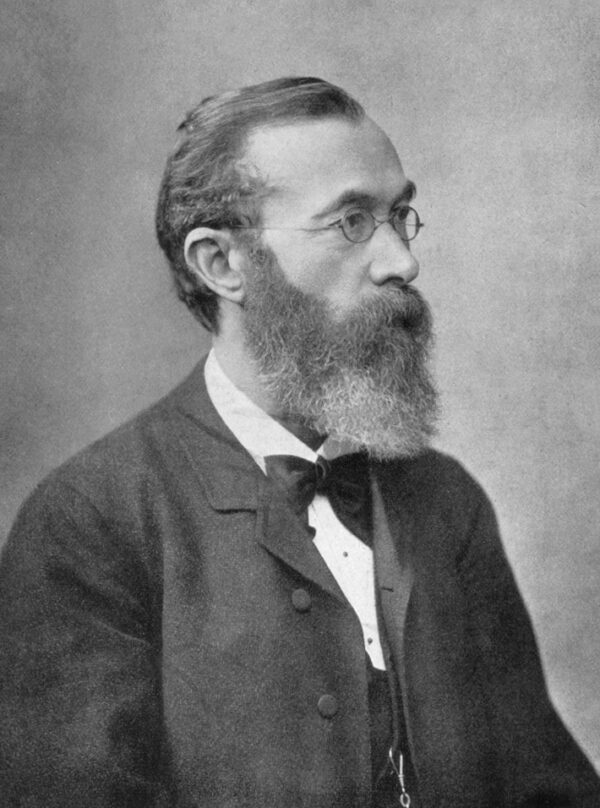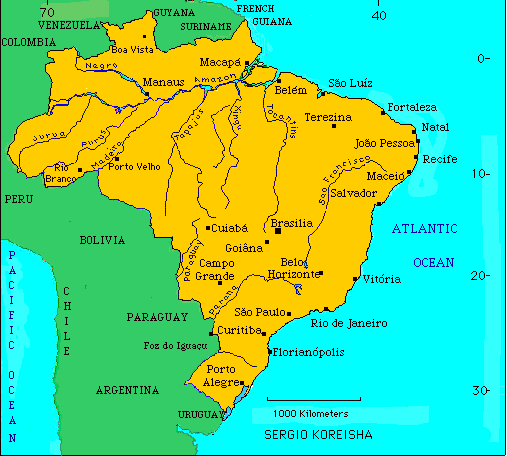Pagine
Condividi e segnala
Tag
- Althusser
- Antropologia
- Baumgarten
- Bourdieu
- Conceivability of Nothingness
- Conciliation
- corpo
- Derrida
- Dialectics
- Difference
- distinzione
- Europe
- Expression
- giudizio
- Grace
- Habitus
- Heidegger
- Hobbes
- Kant
- linguaggio
- Lyotard
- marxismo
- Medieval Aristotelianism
- Metaphysics
- Nature
- Negative
- Nichts
- nihil
- Nihilism
- nihil negativum
- nihil privativum
- Non-identical
- Nothing
- Nothingness
- onore
- politica
- postmoderno
- pratica
- riconoscimento
- Smith
- solitudine
- Sovranità
- Spinoza
- Thomas Aquinas
- Western Ontology
-
Articoli recenti
Link
Archivi categoria: Varia
The Thought of Ludwig Feuerbach as a Limit to the Theoretical Development of Karl Marx
Roberto Finelli
Università degli Studi di Roma Tre (roberto.finelli@uniroma3.it; Orcid: 0000-0003-1444-4756)
Abstract: The purpose of this essay is to critique the traditional interpretation of Ludwig Feuerbach’s philosophy as belonging to the materialist and anti-idealist tradition. Instead, the author argues that underlying Feuerbach’s anthropology is a metaphysics of ‘Genus’ (Gattung in German) conceived as an organic and communitarian universality. Behind Feuerbach’s apparent materialism and sensualism lies a spiritualist doctrine of essence, according to which human beings participate in principle in a common life in which individuals integrate and add up their differences without conflict and opposition. … Continua a leggere
Pubblicato in NUMERO 14, Varia
Lascia un commento
On Willing Surrender as Virtuous Self-Constitution
Bennett Gilbert
Portland State University (bbg2@pdx.edu; Orcid: 0000-0001-8295-3216).
Abstract: Our cultural situation is to seek a moral form of self-constitution, rather than an ontological or epistemological foundation. Such a moral ground lies in the paradox of willing surrender of the will to do wrong or dysfunctional acts in order to enter temporally-extended processes of moral change. But the paradox of willing surrender of the will requires analysis. The propositional form of it cannot be sustained and must instead give way to willingness as an ongoing choice. The self-reflexivity of the will with which we accomplish … Continua a leggere
Pubblicato in NUMERO 14, Varia
Lascia un commento
La dimensione linguistico-cognitiva nella psicologia di Wilhelm Wundt
Maurizio Maione
Università degli Studi “Guglielmo Marconi” (maurizio.maione63@gmail.com; ORCID: 0009-0000-3337-7881).
The Linguistic-Cognitive Dimension in Wilhelm Wundt’s Psychology
Abstract: This essay is aimed at examining Wilhelm Wundt’s theoretical interest in the genesis and nature of human language according to the methodology of experimental psychology whose theoretical tools also are decisive for the understanding of some linguistic writings published since 1900. There are three points which I will focus on: 1) the procedural-relational nature of mental events; 2) the examination of the processes of volition (Entscheidung and Entschließung) and apperception and, finally, 3) the … Continua a leggere
Pubblicato in NUMERO 14, Varia
Lascia un commento
Spinoza contro la dittatura militare brasiliana
Homero Santiago
Universidade de São Paulo (USP), Brasile (homero@usp.br; ORCID: 0000-0002-0610- 9993).
Spinoza against the Brazilian military dictatorship
Abstract: In this paper we intend to study one component of the vast set of works dedicated to Spinoza by Brazilian philosopher Marilena Chaui, namely her doctoral thesis Introduction to the reading of Spinoza defended by Chaui in 1971 at the University of São Paulo. Even though it was elaborated during the French rediscovery of Spinoza in the 1960s, the thesis evokes less the libertarian slogans of Paris May 1968 than the dictatorship installed in … Continua a leggere
Pubblicato in NUMERO 14, Varia
Lascia un commento
“ Communisme des esprits ” Hölderlin avec saint Paul
Jean-Claude Bourdin
jclbourdin@gmail.com; Orcid: 0009-0001-2488-0319.
“Communism of spirits”. Hölderlin with Saint Paul
Abstract: The intention of this article is to identify what the short text attributed to Hölderlin might evoke in relation to the enigmatic title, which is not his own, “Communism of the spirits”. It will highlight Hölderlin’s ideas on community and show that the ‘communist’ passages in his writings are paraphrases of St Paul. Hölderlin argues that community is what we lack. His conception of community is based on an ontology of being as One and All immanent to individuals. It … Continua a leggere
Pubblicato in NUMERO 14, Varia
Lascia un commento





